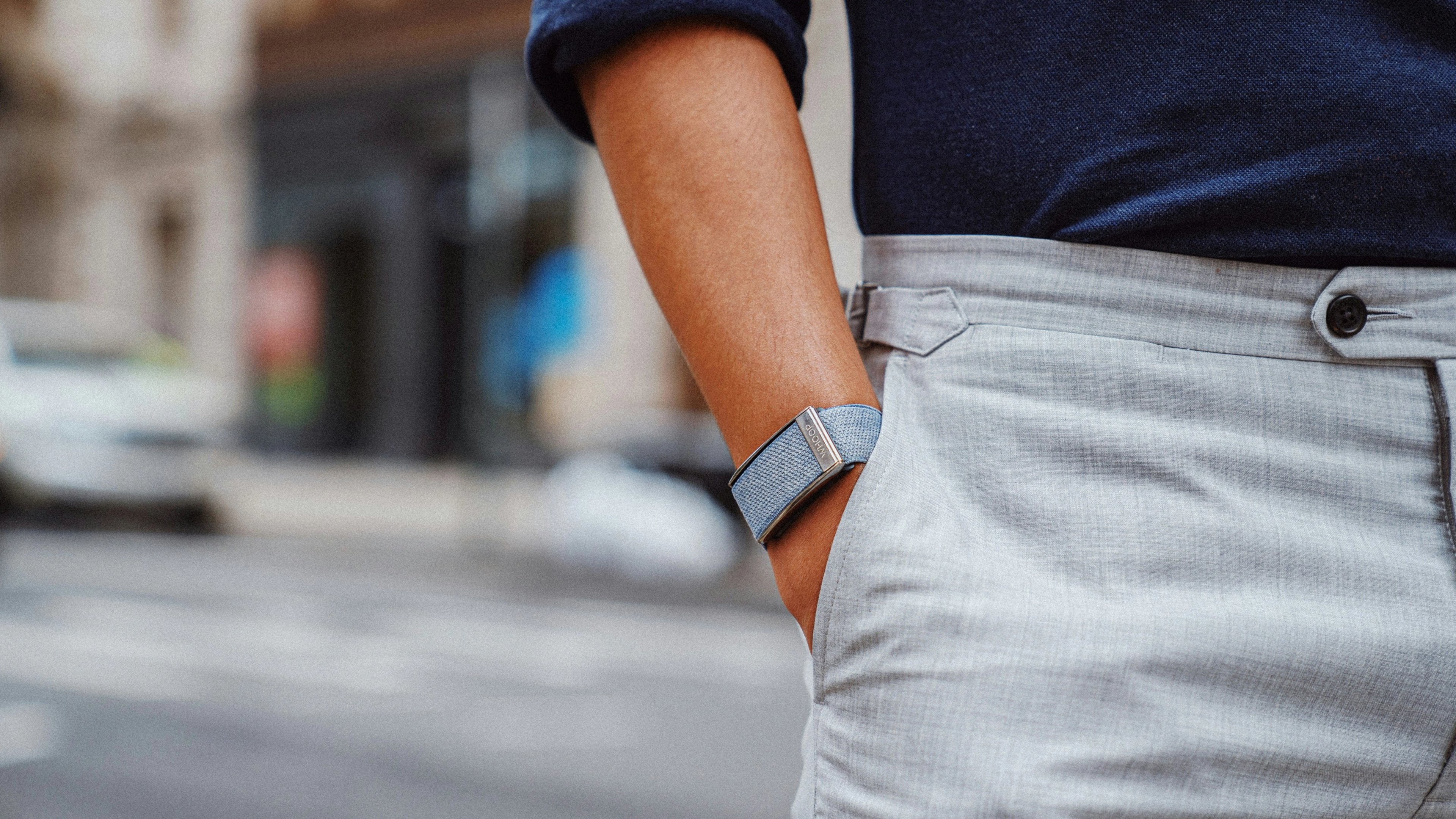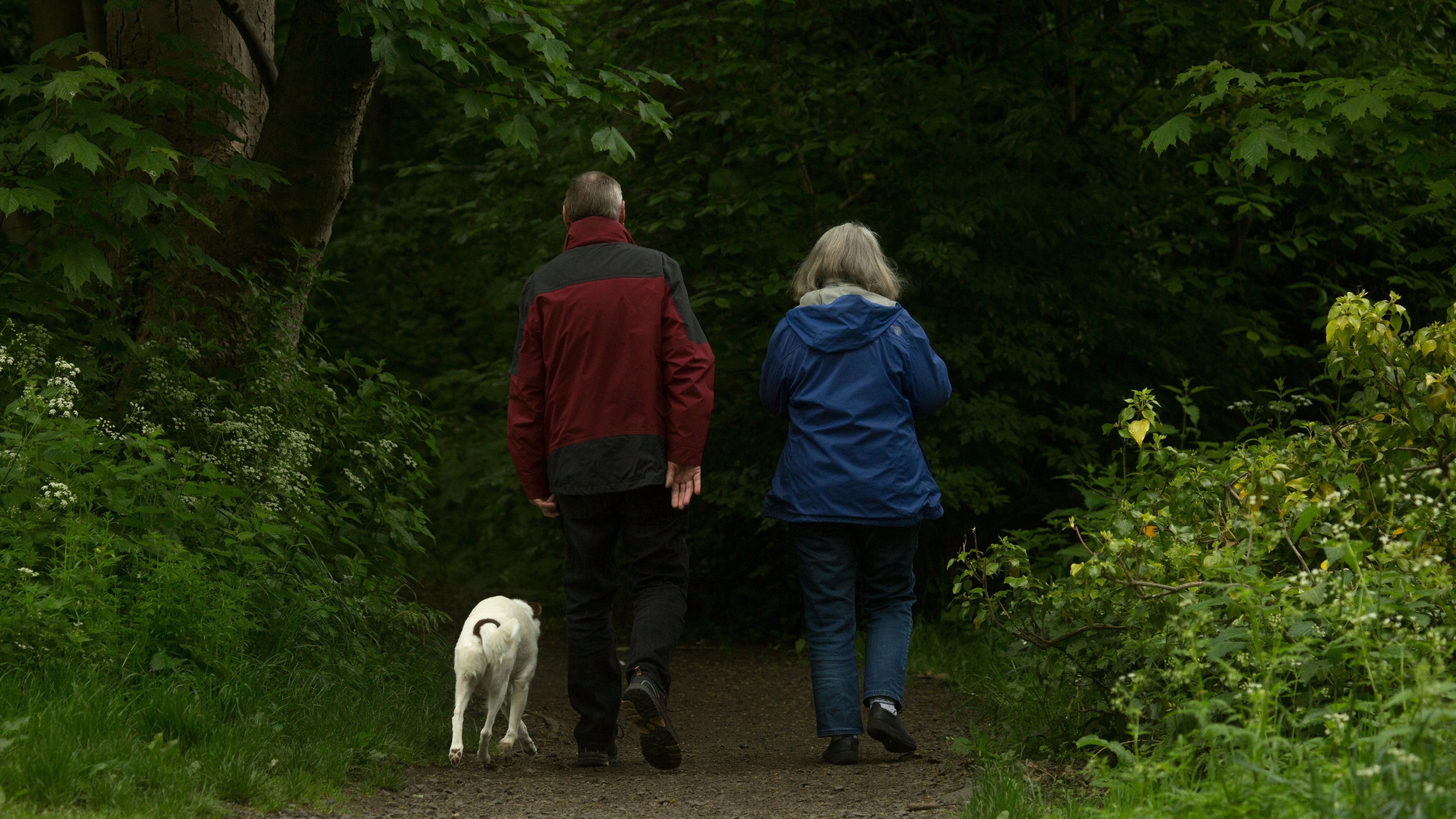
In today’s hyper-connected world, sleep has become a luxury for many. According to the World Sleep Society, up to 45% of the global population suffers from sleep disorders, with insomnia being the most prevalent. Poor sleep doesn’t just leave us groggy; it’s linked to a host of health issues, including heart disease, diabetes, obesity, and mental health disorders like depression and anxiety. The consequences ripple through our daily lives, affecting productivity, mood, and overall well-being. But what if technology—specifically artificial intelligence (AI)—could help us reclaim the restful nights we desperately need? This article explores the groundbreaking potential of AI in sleep medicine, backed by scientific research, and delves into how people are already using AI to improve their sleep. We’ll also conclude with a few evidence-based tips to help you sleep better tonight.
The Science Behind AI and Sleep
AI is no longer just a buzzword; it’s a powerful tool revolutionizing healthcare, including sleep medicine. Scientific studies have shown that AI can enhance the diagnosis, treatment, and even prevention of sleep disorders. Here’s how:
Diagnosing Sleep Disorders with Precision
- Automated Sleep Scoring: Traditional sleep studies (polysomnography or PSG) involve analyzing hours of brain waves, heart rate, and breathing patterns to diagnose conditions like obstructive sleep apnea (OSA). This process is time-consuming and prone to human error. AI algorithms, such as the YASA algorithm and U-Sleep neural network, can now score sleep stages with remarkable accuracy, matching or even surpassing human experts. These tools reduce the time required for analysis and increase objectivity, making diagnosis faster and more reliable [1].
- Identifying Hidden Patterns: AI can uncover subtle patterns in sleep data that might be missed by human clinicians. For example, neural networks have been used to identify narcolepsy Type 1 by analyzing hypnodensity graphs, helping detect conditions like narcolepsy with greater precision. Unsupervised learning techniques have also helped phenotype patients with insomnia and OSA based on factors like age, sleep time, and REM/NREM stages, enabling more tailored diagnoses [2].
- Wearable Devices for Home Monitoring: AI-powered wearables, such as EEG headbands (e.g., Dreem), smartwatches (e.g., Fitbit), and smart rings (e.g., Oura), allow for continuous, non-invasive sleep tracking. These devices can detect abnormalities like irregular breathing or heart rate, alerting users to seek medical help. Studies have shown that AI can analyze data from these devices to identify sleep disorders like OSA with up to 92.5% accuracy, even in large populations [1]. For instance, the FDA-cleared Sunrise device uses machine learning to analyze mandibular movements, offering a less invasive alternative to PSG.
Personalizing Treatment
- Predicting Treatment Adherence: One of the biggest challenges in sleep medicine is getting patients to stick with treatments like continuous positive airway pressure (CPAP) for OSA, with 34% non-adherence over 20 years [1]. AI models can predict which patients are likely to adhere to CPAP therapy, allowing for early interventions to improve compliance. Machine learning algorithms have demonstrated high accuracy in forecasting CPAP adherence, helping clinicians tailor support for at-risk patients [1].
- Tailoring Therapy: AI can also personalize treatment options. By analyzing a patient’s sleep data, AI can recommend the most effective therapy, such as oral appliances or positional therapy, based on their specific needs. This personalized approach has been shown to increase treatment success rates, improving outcomes for patients with sleep disorders [1].
Advancing Sleep Research
- Understanding Memory Consolidation: Sleep plays a crucial role in memory formation, and AI is helping researchers uncover the mechanisms behind this process. Multivariate pattern analysis of EEG signals has been used to detect neural replay during sleep, where patterns of brain activity from wakefulness are reactivated during REM and non-REM sleep. This reactivation is thought to strengthen memories, and AI helps identify which memories are being consolidated, offering insights into how sleep supports learning [2].
- Large-Scale Data Analysis: AI’s ability to process vast amounts of data has transformed sleep research. For example, actigraphy data from over 100,000 participants in the UK-Biobank has been analyzed using AI to identify sleep hygiene phenotypes, providing insights into how lifestyle factors influence sleep. Such studies are helping researchers understand the broader impact of sleep on health [2].
Challenges and Considerations
While AI offers unprecedented opportunities, it’s not without challenges. Data privacy, the need for high-quality training data, and the risk of over-reliance on technology are concerns that researchers and clinicians must address. Integrating AI with human expertise ensures the highest quality of care, balancing technological innovation with clinical judgment [1].
AI Application Description Impact Automated Sleep Scoring AI algorithms like YASA and U-Sleep analyze PSG data for sleep stages. Faster, more accurate diagnosis, reducing human error. Wearable Monitoring Devices like Fitbit and Oura track sleep patterns using AI. Accessible, continuous monitoring for early detection. Treatment Personalization AI predicts CPAP adherence and suggests tailored therapies. Improved treatment outcomes and patient compliance. Memory Research AI detects neural replay during sleep via EEG analysis. Deeper understanding of sleep’s role in memory consolidation.
How People Are Using AI to Improve Sleep
Beyond clinical settings, everyday people are turning to AI-powered tools to take control of their sleep. These tools are user-friendly and accessible, making them popular for those looking to improve their sleep hygiene. Here’s a look at some real-world applications:
Wearable Devices for Sleep Tracking
- Whoop: This wearable uses AI to track sleep performance by monitoring heart rate, blood oxygen levels, and motion. It breaks down sleep into stages (awake, light sleep, deep sleep, and REM) and provides personalized suggestions, such as mindful breathing exercises or earlier bedtimes. Users can track their progress over time, gaining insights into how lifestyle factors like stress, diet, and exercise affect their sleep [3].
- Other Wearables: Devices like Fitbit, Samsung Galaxy Watch, Garmin, and Apple Watch also use AI to analyze sleep patterns and provide recommendations. These tools are popular because they’re non-invasive and easy to use, offering a low-barrier entry to sleep improvement. For example, they might alert users to irregular heart rates that could indicate sleep apnea, prompting them to seek medical advice [1].
AI-Powered Bedtime Routines
- ChatGPT and Similar Tools: Some people are experimenting with AI chatbots to create personalized bedtime routines. In a personal experiment documented by CNET, a user asked ChatGPT to “create a week-long bedtime routine to combat poor sleep.” The AI generated a plan that included activities like dimming lights, turning off electronics, and reading before bed. While the user’s sleep score didn’t improve significantly, the experiment highlighted the potential of AI to provide tailored sleep improvement strategies [3]. These routines often align with evidence-based practices, such as reducing screen time and creating a relaxing environment.
Apps for Sleep Monitoring and Education
- Cleveland Clinic Sleep App: This app uses AI to analyze sleep data and alert users to potential risks, such as sleep apnea or insomnia. It also provides educational resources to help users understand their sleep patterns and make informed changes [1].
- Other Apps: Apps like SleepScore and Sleep.ai offer AI-driven insights into sleep quality, along with tips for improvement. These tools are particularly useful for people who want to track their sleep without investing in a wearable. For instance, SleepScore uses non-contact sonar technology to track sleep and delivers personalized, science-backed advice [4].
Limitations and Expert Advice
While these tools are empowering, experts caution that they are not a substitute for professional medical advice. Wearables and apps can provide valuable data, but they cannot diagnose or treat serious sleep disorders like sleep apnea. Dr. Sujay Kansagra, a sleep expert, emphasizes that while wearables offer useful insights into sleep hygiene, consulting a healthcare provider is essential for addressing underlying conditions [3]. Additionally, sleep scores from wearables can be influenced by factors like stress, exercise, and diet, so users should interpret them with caution.
Evidence-Based Tips to Improve Sleep
While AI offers exciting possibilities, the foundation of good sleep lies in simple, evidence-based practices. Here are five short tips that can significantly improve your sleep length and efficiency, backed by scientific research:
- Maintain a Consistent Sleep Schedule
- Go to bed and wake up at the same time every day, even on weekends. This helps regulate your body’s internal clock, improving sleep quality. Studies show that irregular sleep patterns can disrupt circadian rhythms, leading to poorer sleep [5].
- Create a Relaxing Bedtime Routine
- Activities like reading, listening to calm music, or practicing relaxation techniques (e.g., deep breathing or meditation) can signal to your body that it’s time to wind down. Research indicates that such routines can reduce the time it takes to fall asleep and improve overall sleep quality [5].
- Optimize Your Sleep Environment
- Ensure your bedroom is cool, dark, and quiet. Light exposure, especially from screens, can suppress melatonin production, making it harder to fall asleep. Use blackout curtains and keep electronics out of the bedroom if possible. A soothing sleep environment has been shown to improve sleep duration and quality [6].
- Limit Caffeine and Alcohol Intake
- Caffeine can stay in your system for up to 8 hours, disrupting sleep. Alcohol may help you fall asleep initially but can lead to fragmented sleep later in the night. Reducing intake, especially in the evening, can improve sleep continuity, according to multiple studies [5].
- Engage in Regular Physical Activity
- Exercise promotes better sleep by reducing stress and anxiety. However, avoid vigorous activity too close to bedtime, as it can be stimulating. Aim for moderate exercise earlier in the day to reap the sleep benefits, as supported by research showing that physical activity can lead to earlier sleep onset and longer sleep duration [7].
Sleep Tip Why It Works Source Consistent Schedule Regulates circadian rhythm for better sleep quality. Sleep Foundation [5] Relaxing Routine Signals body to prepare for sleep, reducing sleep onset time. Healthline [6] Optimized Environment Minimizes disruptions like light and noise. Mindset Health [8] Limit Caffeine/Alcohol Prevents sleep fragmentation and delays. Mayo Clinic [9] Regular Exercise Reduces stress and promotes earlier sleep onset. Healthdirect [7]
Conclusion
AI is poised to revolutionize sleep medicine, offering tools that can diagnose disorders with precision, personalize treatments, and deepen our understanding of sleep’s role in health. From wearables like Whoop to chatbots like ChatGPT, people are already leveraging AI to track their sleep and experiment with new routines. However, AI is not a magic bullet—it’s most effective when combined with evidence-based sleep hygiene practices.
As we look to the future, the integration of AI into sleep medicine holds immense promise. But for now, simple habits like maintaining a consistent sleep schedule, creating a restful environment, and limiting caffeine can make a world of difference. By embracing both cutting-edge technology and timeless wisdom, we can all take steps toward better, more restful sleep.
Sources
- Artificial Intelligence in Sleep Medicine: Present and Future
- Sleep Research in the Era of AI
- Sleeping With Robots: How Artificial Intelligence Transformed My Sleep
- Sleep.ai Intelligence Platform
- The 20 Ultimate Tips for How to Sleep Better
- 15 Proven Tips to Sleep Better at Night
- How to Get Better Sleep, According to Science
- Sleep Hygiene: 10 Tips for Better Sleep
- Sleep Tips: 6 Steps to Better Sleep
Sarah Mitchell
Editorial team member at Sleep Now

